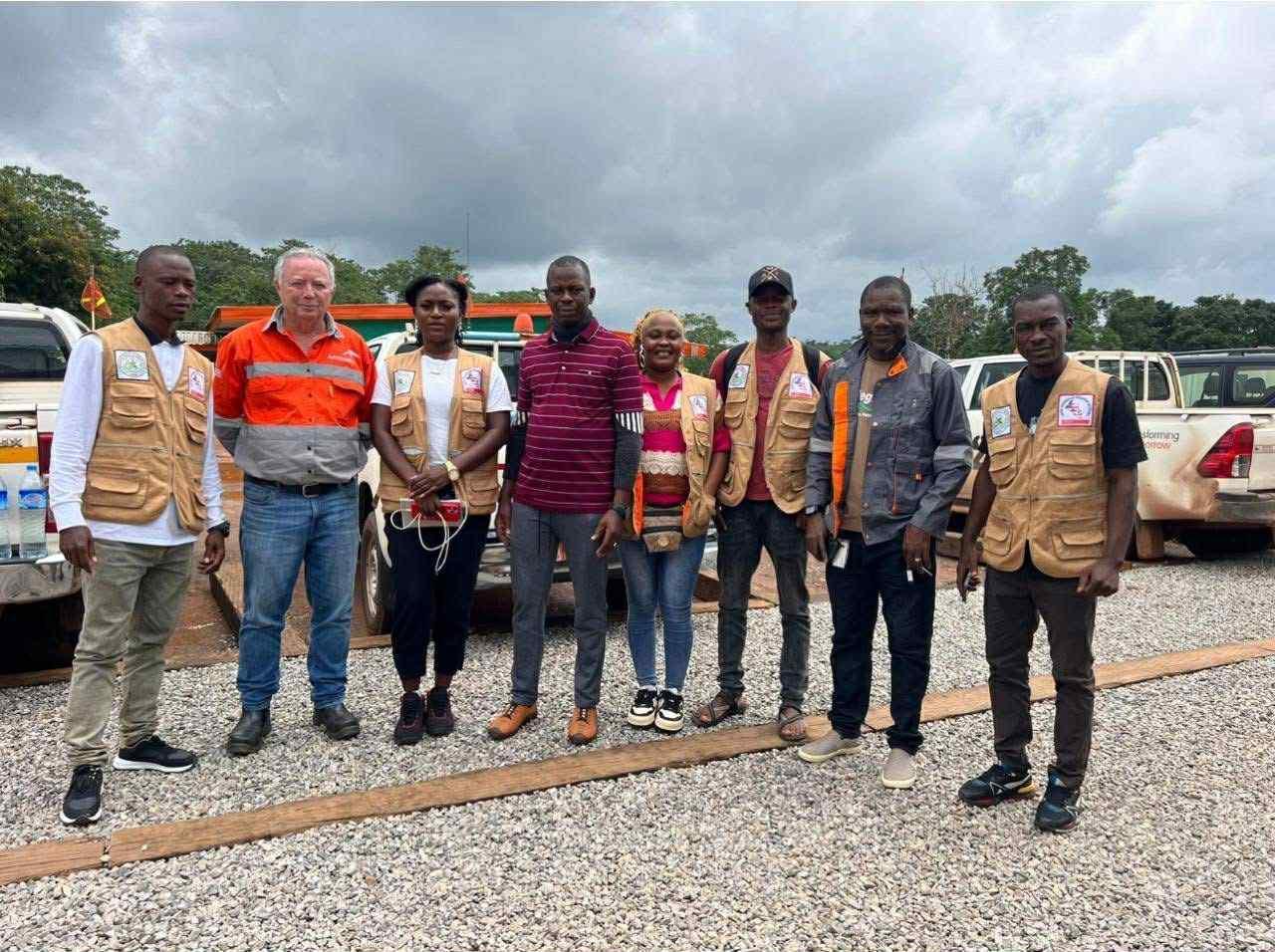Africa-Press – Liberia. Landmark Project to Unlock Data-Driven Solutions for Liberia’s Skills Development
The Liberia Research and Development Networks (LRDN) extends its deepest appreciation to the Chair and members of the Liberia County Education Officers (CEOs) for their outstanding cooperation and unwavering support toward the ongoing Nationwide Technical and Vocational Education and Training (TVET) Gap Analysis and Compliance Monitoring Study.
Spearheaded in partnership with the Agricultural and Industrial Training Bureau (AITB) and funded by the Government of Liberia, the six-month initiative is a landmark project under the ARREST Agenda for Inclusive Development. The study aims to provide actionable, empirical data to reform Liberia’s TVET sector for greater alignment with labor market demands.
“We are sincerely grateful to the Chair and County Education Officers for fostering such cordial and professional working relations with our team,” said Mr. Gibson Flomo Project and Facility Manager of LRDN. “Their collaboration has significantly accelerated the assessment phase and has been instrumental in capturing accurate, county-specific data. This project will be a cornerstone in national workforce planning.”
The AITB leadership reaffirmed its commitment to an evidence-based approach to policymaking. “This partnership demonstrates our devotion to empirical solutions that will transform the TVET landscape,” Honorable Abraham Billy, Director General of AITB. “The CEOs’ engagement ensures that we are collecting relevant, community-based insights that will feed into a national framework for improved standards, inclusiveness, and performance.”
With the active participation of stakeholders across all 15 counties, the TVET Gap Analysis and Compliance Monitoring Study will provide a robust data foundation to:
Identify workforce skills gaps;
Evaluate training program effectiveness;
Analyze institutional compliance with national standards;
Study enrollment and employment trends;
Engage with industry partners for curriculum relevance;
And deliver strategic policy recommendations for sustainable reforms.
This effort will not only address challenges such as outdated curricula and infrastructure constraints but will also guide the Government in optimizing investments in skills training to meet SDGs 4, 5, and 8—ensuring equitable access to quality education, gender equality, and decent work for all.
As the project progresses, LRDN and AITB remain committed to inclusive stakeholder engagement, transparency, and excellence in data gathering. The study’s outcomes are expected to influence national planning, boost employability, and catalyze economic growth through a stronger, more responsive TVET system.
For More News And Analysis About Liberia Follow Africa-Press






